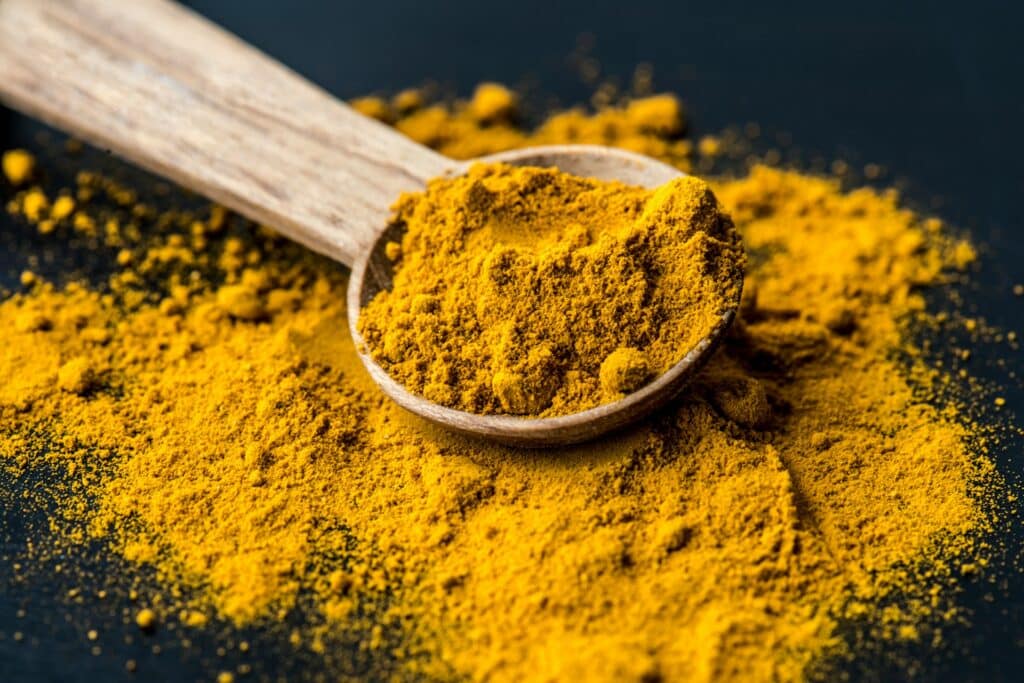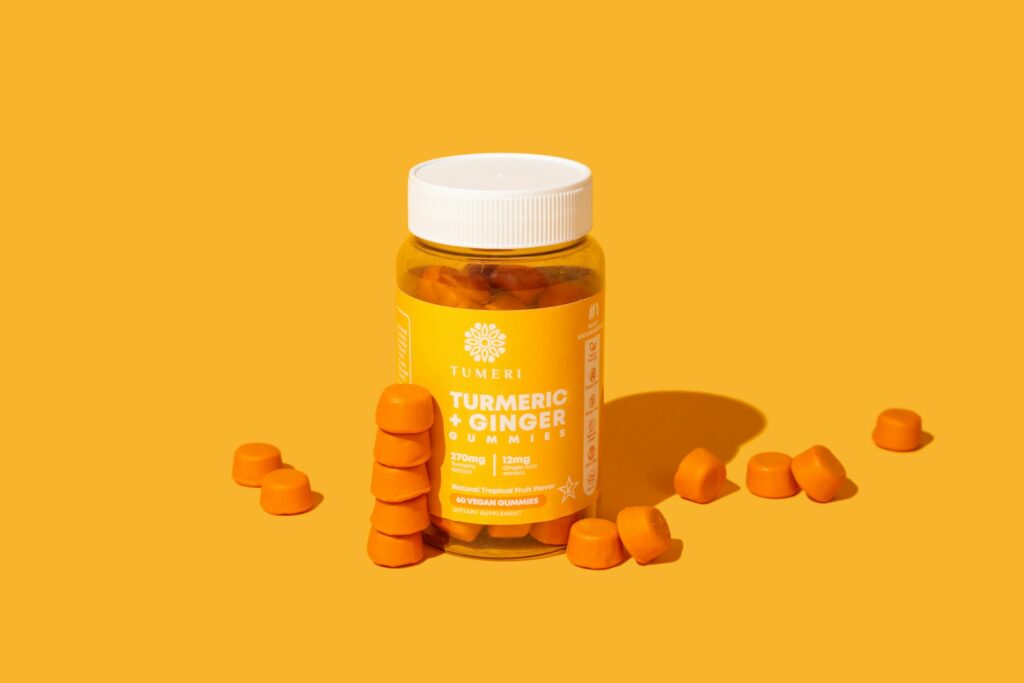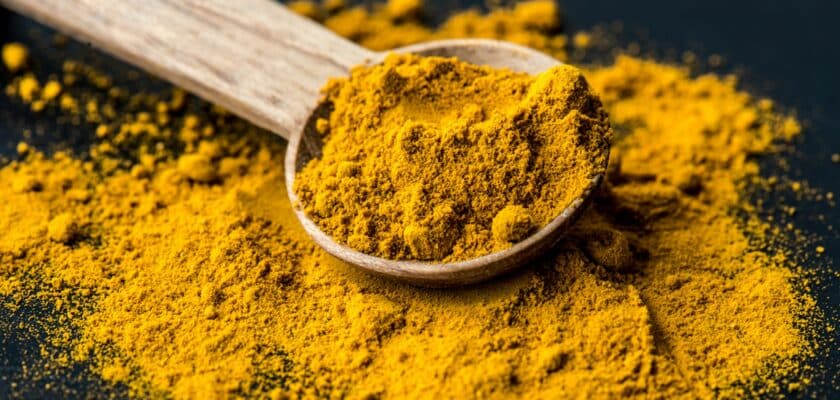
Turmeric root has been valued for centuries in traditional medicine, and modern research continues to explore its role in men’s health. Its active compound, curcumin, may help reduce inflammation in the prostate and ease symptoms linked to benign prostatic hyperplasia (BPH) and other prostate concerns. By supporting a healthier environment within the gland, turmeric could help improve urinary comfort and overall prostate function.
Many men experience urinary changes as they age, often due to an enlarged prostate. Turmeric’s natural anti-inflammatory and antioxidant properties may help protect prostate cells from damage and support normal tissue function. Some studies also suggest it could play a role in slowing the growth of abnormal cells, making it an interesting area of research for prostate health management.
The way turmeric is used can influence its benefits. Combining it with certain foods or supplements may improve how the body absorbs curcumin, while safe dosing helps avoid unwanted effects. Understanding these factors allows a person to get the most from turmeric while maintaining overall well-being.
How Turmeric Root Supports Prostate Health
Turmeric root contains curcumin, a natural compound that can influence inflammation, cell health, and hormone-related processes in the prostate. Research suggests it may help reduce swelling, improve urinary comfort, and support healthy cell function in men with common prostate concerns.
Turmeric’s Impact on Benign Prostatic Hyperplasia (BPH) and Prostate Enlargement
BPH occurs when the prostate grows larger than normal, often due to changes in hormone levels with age. This can press against the urethra and make urination more difficult.
Curcumin may help by reducing the inflammatory processes linked to this tissue growth. Some studies suggest it can slow the progression of enlargement and improve comfort.
Men seeking natural options sometimes use a prostate supplement with clinically proven ingredients that include curcumin to address both inflammation and excess tissue growth. Such combinations can target multiple factors involved in BPH.
The Role of Curcumin in Reducing Prostate Inflammation
Curcumin can block certain molecules in the body that trigger inflammation. This is important because chronic inflammation in the prostate may contribute to discomfort and long-term tissue changes.
By reducing these inflammatory signals, curcumin may help ease pressure and tenderness in the gland. This can support better urinary flow and reduce feelings of pelvic heaviness.
Its antioxidant properties also protect prostate cells from damage caused by oxidative stress. Over time, this protective effect may help maintain normal prostate tissue structure and function.
Effects on Urinary Symptoms and Prostate Function
Prostate enlargement or inflammation can cause frequent urination, urgency, weak flow, and nighttime trips to the bathroom. These symptoms often affect sleep and daily activities.
Curcumin’s ability to reduce swelling in the prostate may help relieve pressure on the bladder and urethra. This can lead to fewer interruptions at night and a stronger, more consistent urine stream.
Some natural formulas that combine curcumin with other supportive nutrients have been linked to reduced night-time urination and improved bladder control, which can improve quality of life.
Potential Benefits for Prostate Cancer and Other Prostate Conditions
Early research indicates curcumin may influence certain cellular pathways linked to abnormal cell growth in the prostate. While it is not a treatment for cancer, it may help protect healthy cells and slow harmful changes.
Its antioxidant action can also support recovery and comfort in men dealing with chronic prostatitis or other inflammatory prostate conditions.
By supporting normal cell function and reducing harmful oxidative stress, curcumin may offer a layer of protection for long-term prostate health. This makes it a natural option worth discussing with a healthcare provider.

Optimizing Turmeric’s Effectiveness and Safety
Turmeric’s benefits for prostate health depend on how well the body can absorb and use its active compounds, especially curcumin. The form, dosage, and any added ingredients can influence its effects, while safety depends on proper use and awareness of possible interactions.
Improving Bioavailability With Piperine and Black Pepper
Curcumin has low bioavailability, meaning the body absorbs only a small amount from turmeric alone. Piperine, a natural compound in black pepper, can significantly increase curcumin absorption in the bloodstream.
Studies show that adding as little as 5–10 mg of piperine to curcumin can raise absorption by up to 20 times. This is because piperine slows the breakdown of curcumin in the liver and gut.
Many people combine turmeric powder with freshly ground black pepper in cooking. Supplements often include piperine for the same reason. This pairing may help the body make better use of curcumin’s antioxidant and natural anti-inflammatory properties, which can support prostate tissue health and reduce oxidative stress.

Curcumin Supplements and Dosage Considerations
Turmeric in food contains about 3% curcumin by weight, so supplements are often used for higher intake. Curcumin extract in capsule form can provide 500–2,000 mg per day, often with piperine for better absorption.
A common dietary intake from turmeric spice is 1–3 grams daily, but higher amounts may be needed for targeted health effects. However, very high doses can cause digestive upset.
It is best to start with a lower dose and increase gradually. People with prostate symptoms may discuss dosage with a healthcare provider, especially if they have other conditions or take medication. Consistency over time is more important than taking a very large dose at once.
Possible Side Effects and Medication Interactions
Turmeric and curcumin are generally safe for most people, but side effects can occur, especially at high doses. Common issues include abdominal pain, nausea, gas, or diarrhea.
Those with gallbladder disease or bile duct blockages should avoid high-dose supplements, as turmeric can stimulate bile flow. It may also thin the blood, increasing the effects of anticoagulant drugs.
Other possible interactions include changes in how the body processes certain medications for diabetes or acid reflux. Anyone on prescription drugs should seek medical advice before starting concentrated curcumin supplements to avoid unwanted effects.
Additional Health Benefits Beyond Prostate Support
Turmeric’s antioxidant and anti-inflammatory actions may help more than just the prostate. Some research links curcumin to improved joint health, reduced stiffness, and better mobility in people with arthritis.
Its effects on oxidative stress and circulation may support heart and blood vessel health. Turmeric may also aid digestion by stimulating bile production and reducing gut inflammation.
By lowering chronic inflammation, turmeric might benefit the urinary tract and urethra function, which can improve comfort in men with prostate enlargement. These broader effects make turmeric a valuable addition to a balanced diet for overall wellness.
Conclusion
Turmeric root, and its main compound curcumin, may support prostate health by reducing inflammation and easing urinary discomfort linked to conditions like benign prostatic hyperplasia. Some studies report improvements in symptoms such as frequent urination, urgency, and weak urine flow.
Evidence also suggests possible benefits for lowering certain prostate-specific markers, although results vary between studies. These effects appear more consistent when curcumin is used in forms that the body can absorb more easily.
Turmeric is generally well tolerated, but people with certain medical conditions should seek medical advice before use. Further research will help clarify how it works and which forms provide the most benefit for prostate symptoms.

